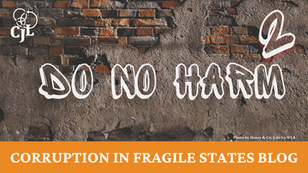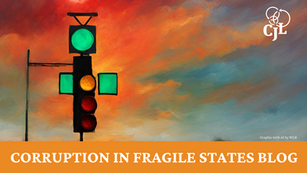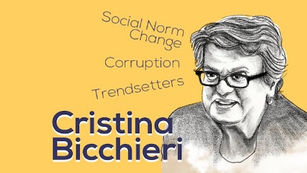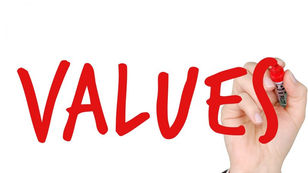

Bribes, Gratuities… and Passing the Buck
The United States is facing an emerging corruption problem that so far has drawn relatively little notice. Relying primarily upon federal prosecutors to check state and local corruption has always been a questionable strategy, and it is now about to become even less of a deterrent.
Michael Johnston and Oguzhan Dincer
2 days ago7 min read





























